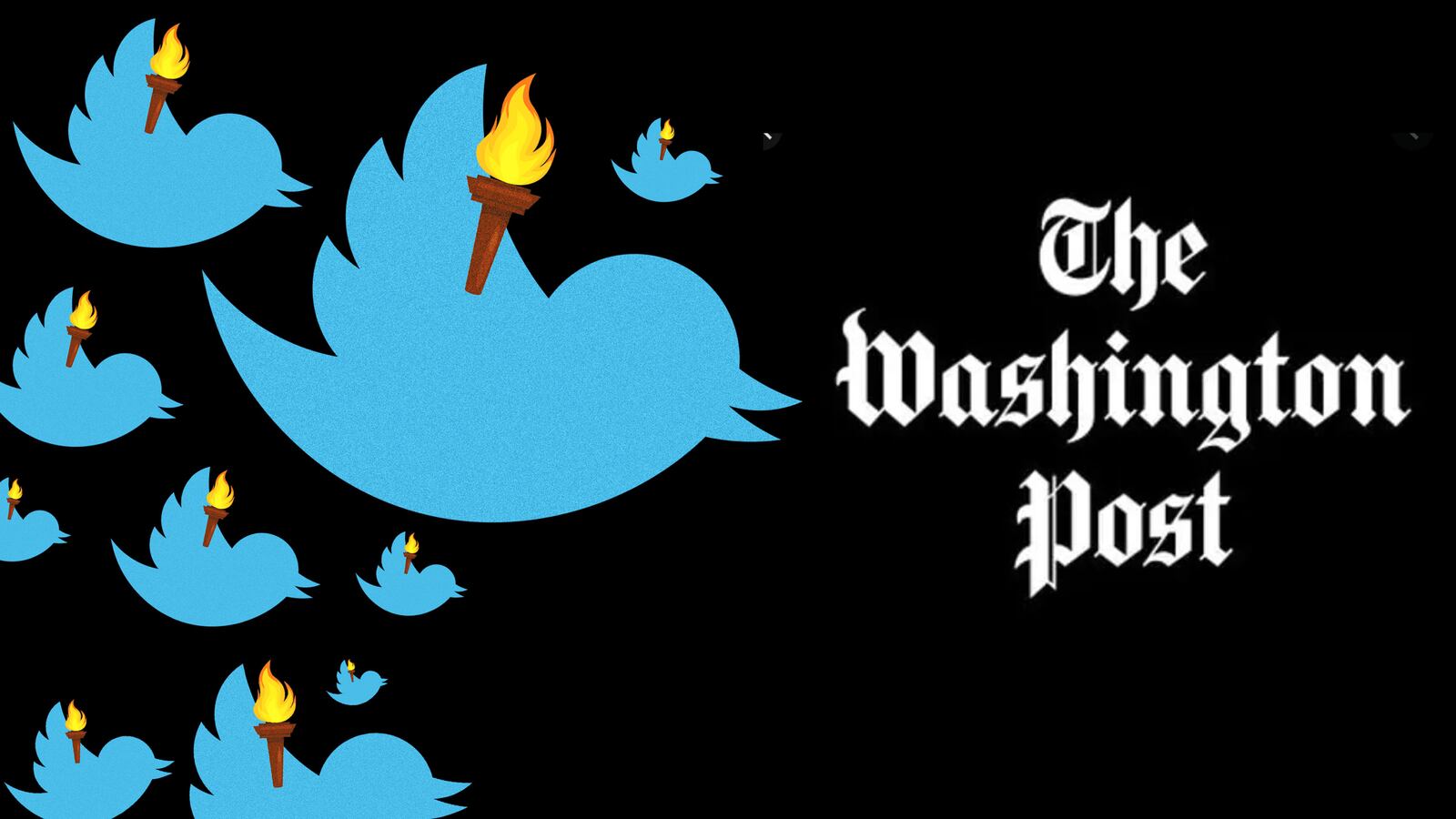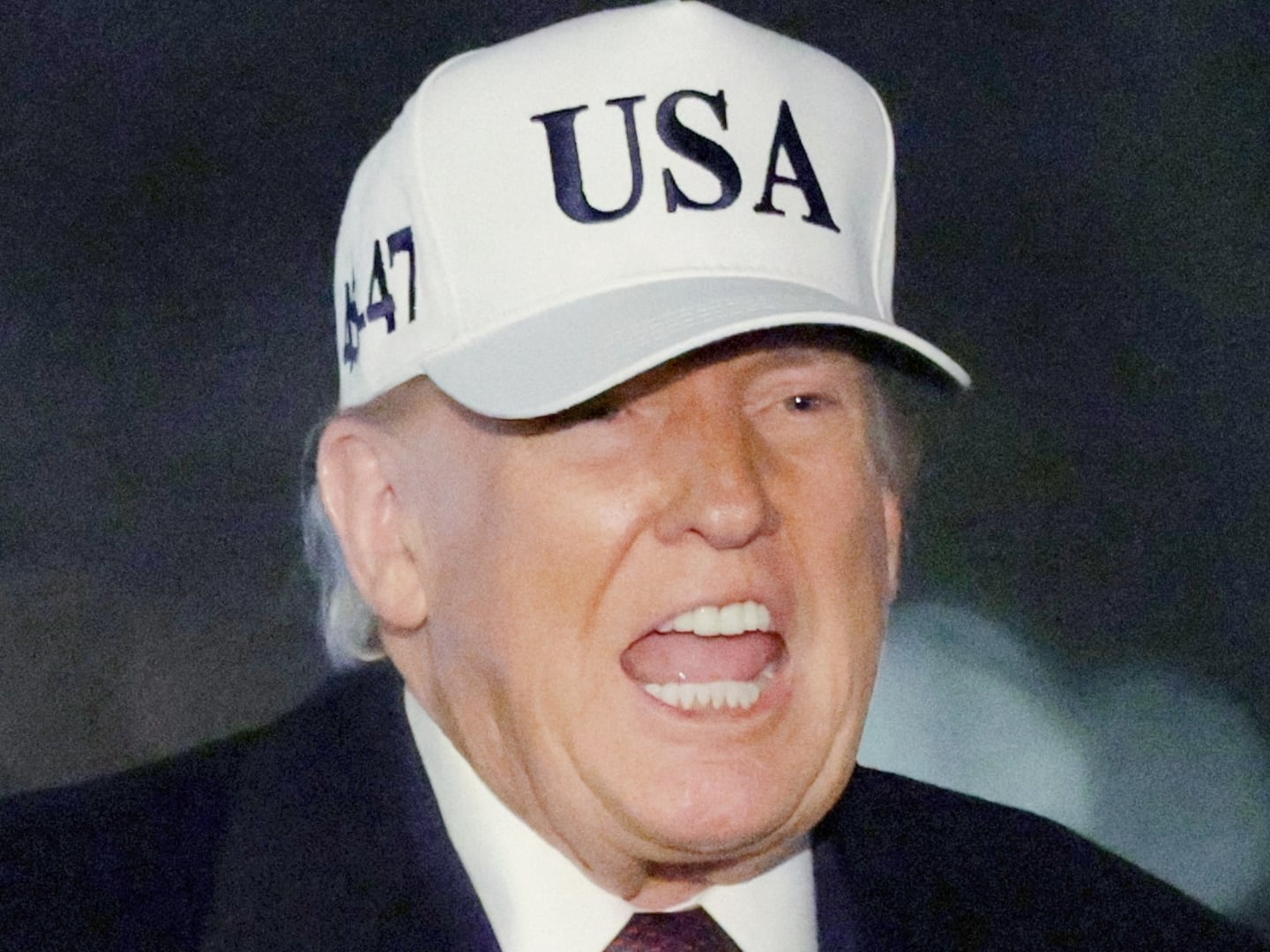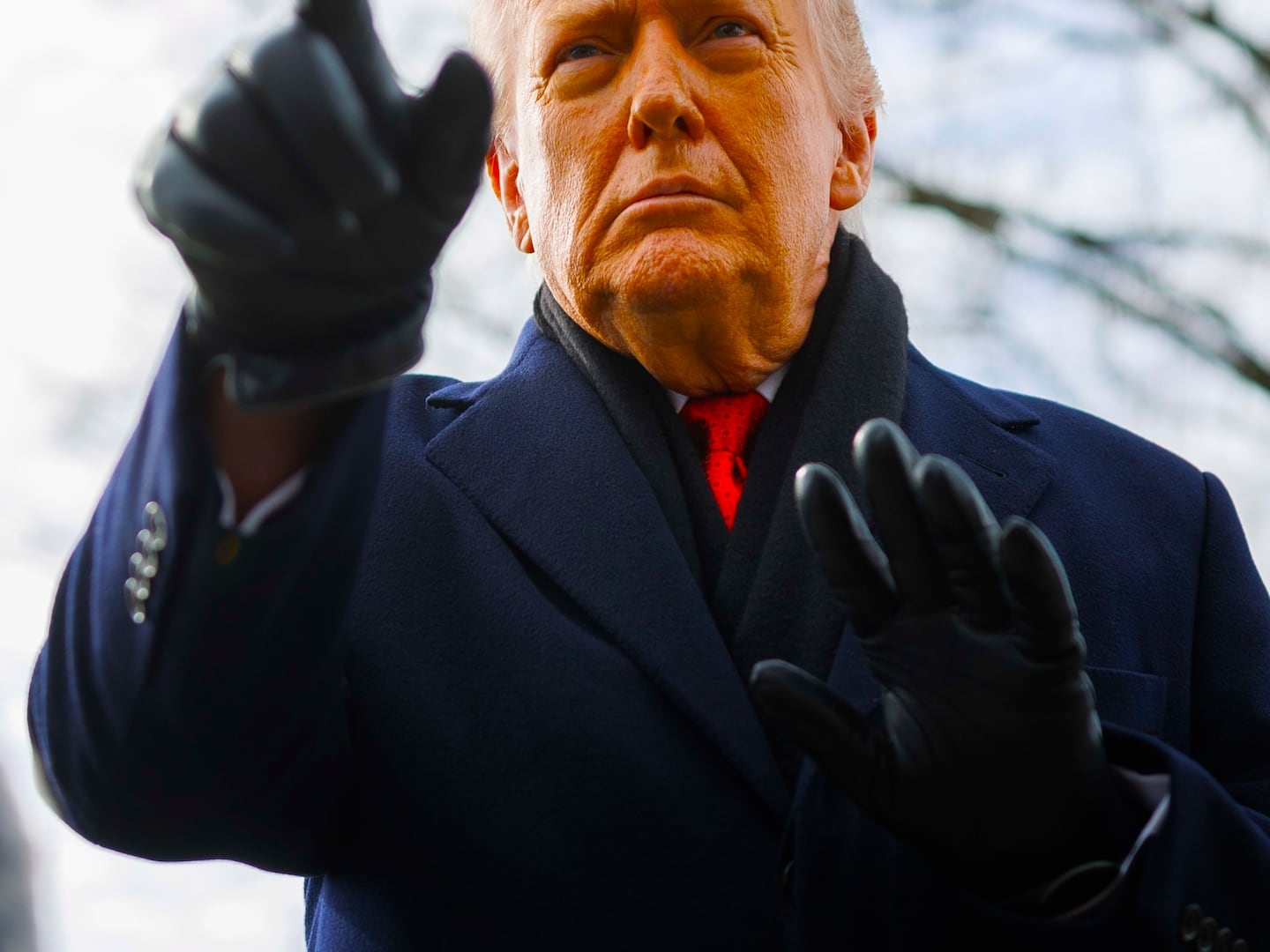An American president might no longer be branding working reporters “the enemy of the people,” but that doesn’t mean it’s suddenly safe to be a journalist.
Seung Min Kim, a White House correspondent for The Washington Post, has spent the past day as the target of ugly online abuse—this time not from Donald Trump enthusiasts but instead from apparent supporters of Neera Tanden, President Joe Biden’s embattled nominee for budget director.
Reached on Thursday by The Daily Beast, Tanden—following protocol that presidential nominees don’t speak publicly to reporters until confirmed—declined to comment for this story on the vicious attacks against Kim. As the daughter of Indian immigrants, however, she herself has been targeted for foul Twitter abuse and would be expected to deplore such attacks made by people claiming to be her supporters. Indeed, on Thursday afternoon Tanden retweeted The Washington Post’s statement supporting Kim and denouncing her harassment.
A request for comment to the White House went unanswered by deadline.
The toxic and threatening barrage from the left began on Wednesday when a HuffPost reporter tweeted a photo of Kim showing one of Tanden’s now-deleted mean tweets to Alaska’s moderate-Republican Sen. Lisa Murkowski, who the White House hopes will break ranks with the GOP and pull Tanden’s nomination off life support.
In the offending tweet, Tanden—then head of a center-left Washington think tank—had accused Murkowski of being “high on your own supply” for supporting Trump’s massive corporate tax cut.
“High on my own supply? That’s interesting,” Murkowski reacted, as quoted on Twitter by HuffPost Capitol Hill reporter Igor Bobik, who told The Daily Beast he posted the photo with Kim’s encouragement.
Racist, sexist, and misogynist abuse quickly began overwhelming Kim’s social media feeds and email. “Hi. What a coonish thing to do to fuck up another POC nomination on behalf of whites. Dumbass snitch,” opined one of Kim’s correspondents—a message the targeted journalist posted with the wry comment: “Let’s check in on my email inbox.”
Kim was not amused when liberal pundit Matthew Yglesias, in a now-deleted tweet, wrote, “I do not approve of harassing @seungminkim, but just FYI to everyone covering the Hill the reason many people were triggered by that image is there were so so so so many instances of republican members of congress saying they hadn’t seen Trump tweet X.”
“When you have to add a ‘but,’ after saying you don’t approve of harassment on someone, just take a moment and think about that,” she fired back—prompting Yglesias to concede, “Fair enough, I will delete.”
Other critics offered the spurious claim that Kim’s display of Tanden’s tweet to Murkowski was somehow “unethical,” or that the reporter was conducting herself in a partisan manner to kill the nomination—which, after Democratic West Virginia Sen. Joe Manchin announced his opposition, has been hanging by a thread in the equally divided Senate.
“So,” Democratic strategist and academic lecturer Tom Watson tweeted, “@seungminkim decided to try and sink the nomination. Good lord.”
HuffPost’s Bobic—who, during the Jan. 6 insurrection, took the famous video of Capitol Police Officer Eugene Goodman leading the angry mob away from the Senate entrance (which earned Goodman a Congressional Medal of Freedom)—expressed horror on Thursday about the response to his initial tweet.
“I think it’s totally unjustified,” he told The Daily Beast concerning the attacks on Kim. “I think she’s a great reporter. She did what any of us would have done, and what I’ve done many times—ask senators about tweets. It’s unfortunate that people misunderstand what the job of a reporter is.”
Kim declined an interview request. Her boss, Washington Post National Editor Steven Ginsberg, defended her in a statement Thursday: “The racist and sexist attacks have been vicious—and typical. She and other minority women endure vile, baseless attacks on a daily basis, no matter what story they are working on or tweeting about. The attacks on her journalistic integrity were wildly misguided and a bad faith effort at intimidation.”
Ginsberg added, “What she did was basic journalism. In reporting about Tanden’s tweet, she asked Murkowski for comment. Murkowski had not seen the tweet, so Seung Min showed it to her. This is standard practice. If a subject of a story is not aware of the information they are being asked to comment on, reporters share it with them. This only makes sense and is the fair and responsible thing to do.”







